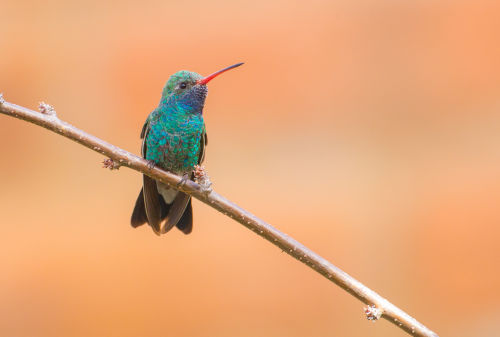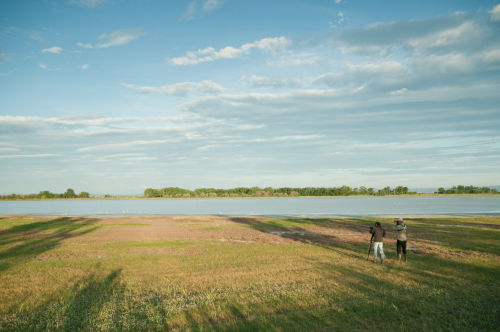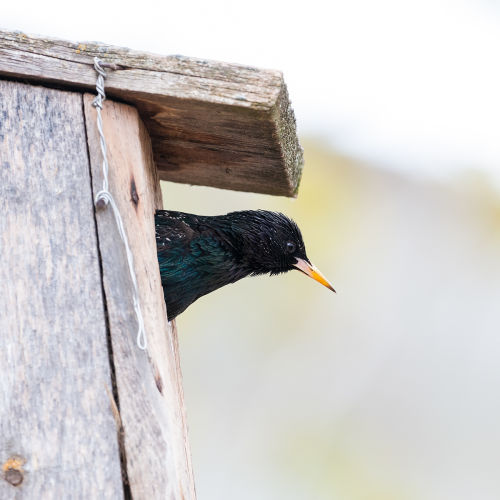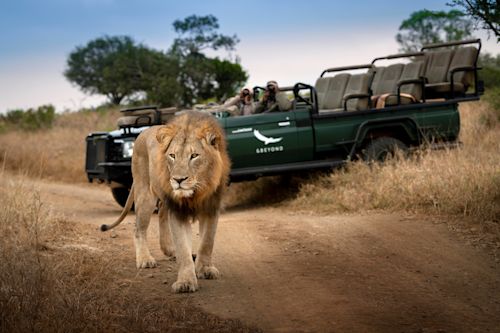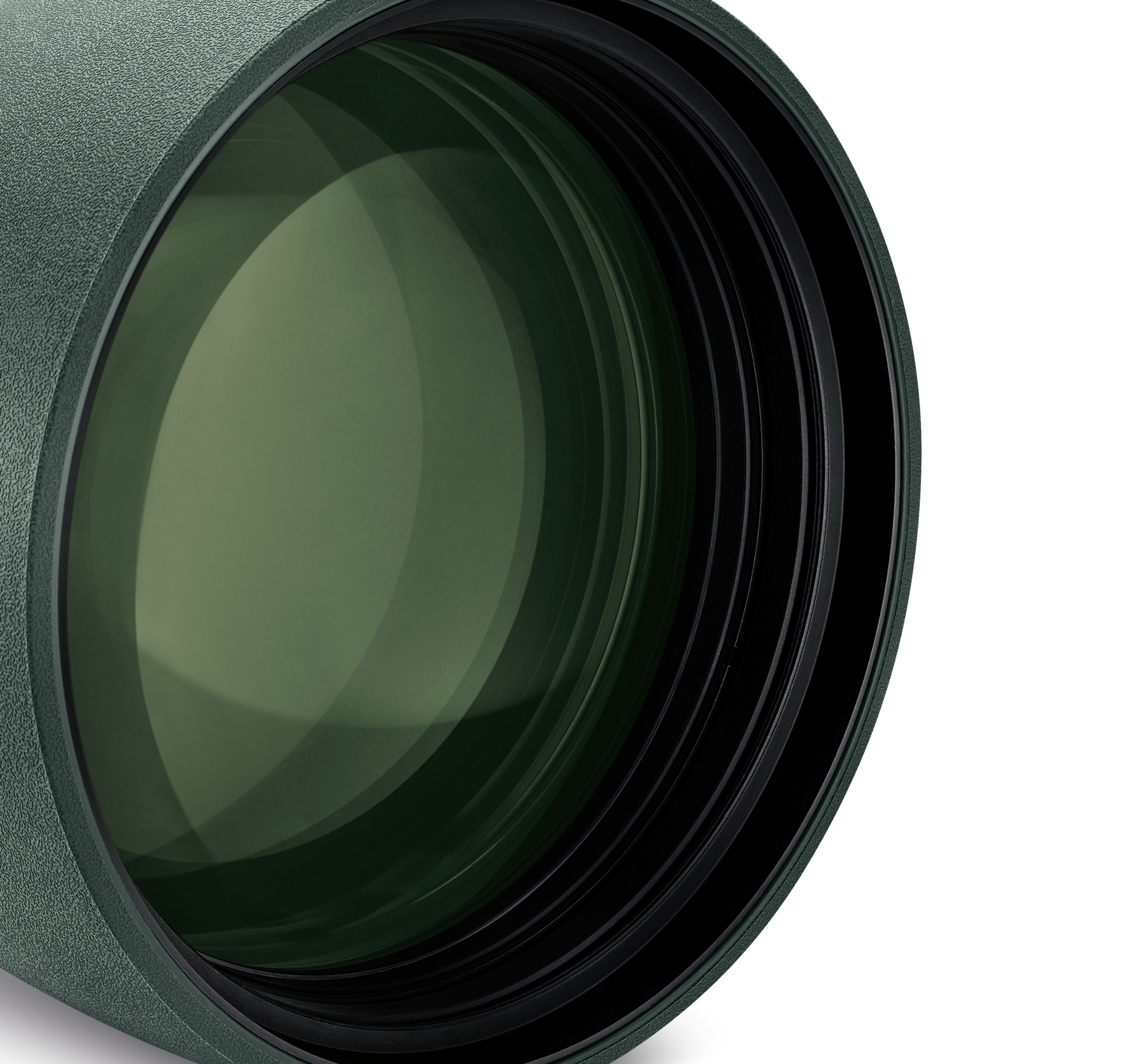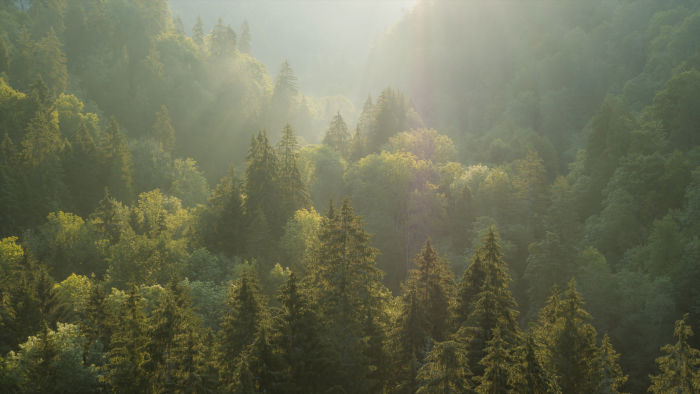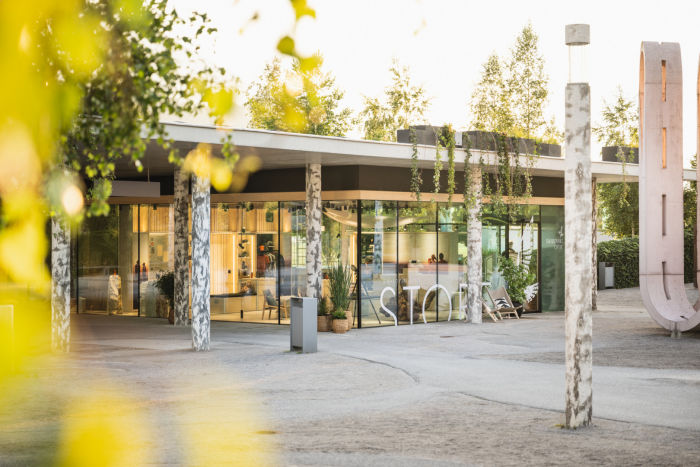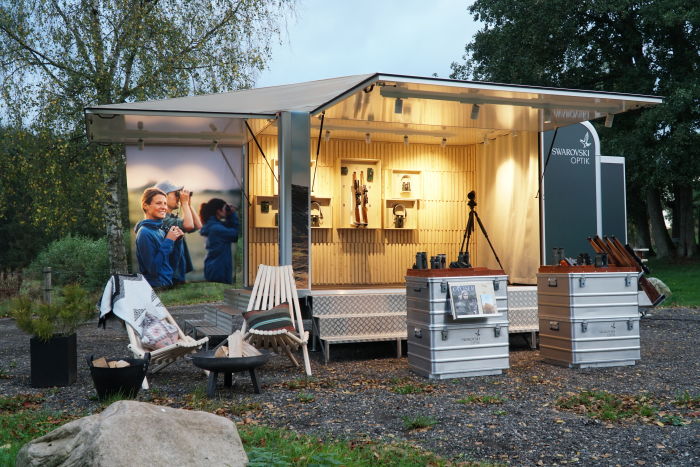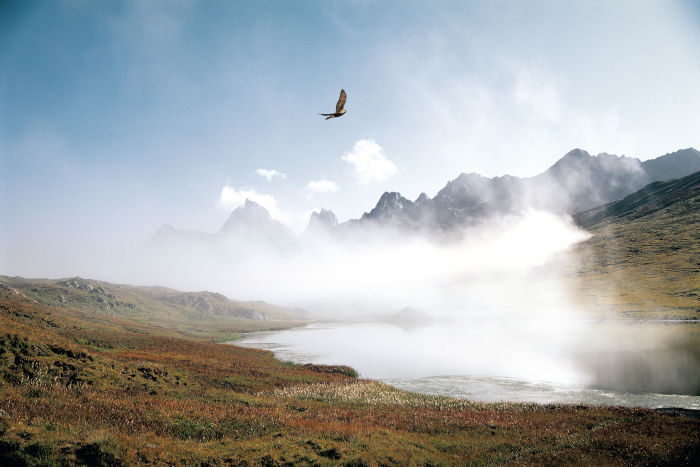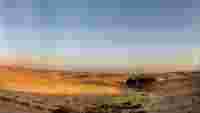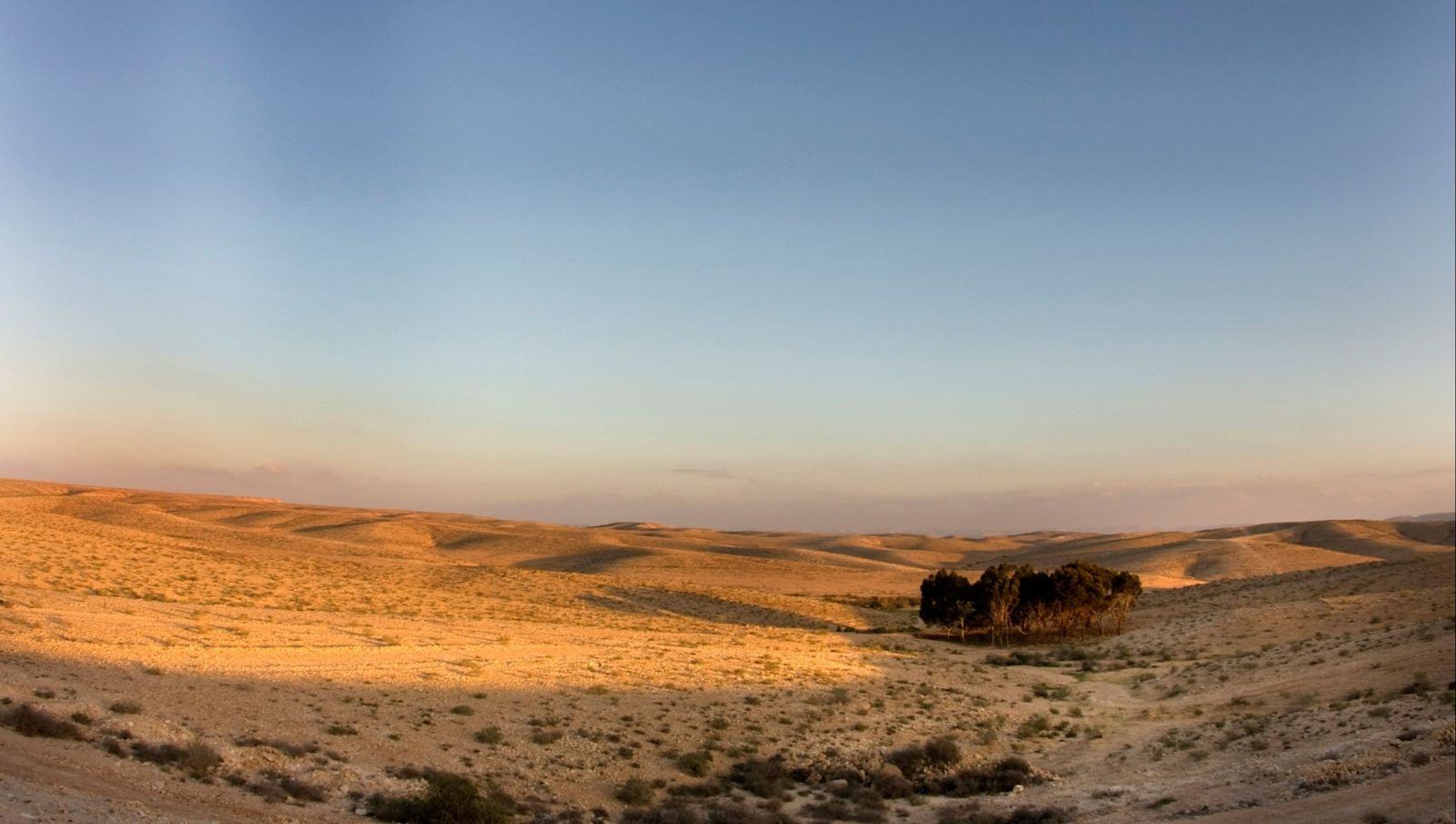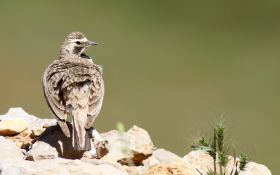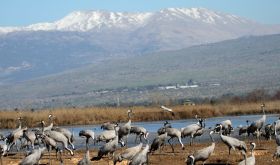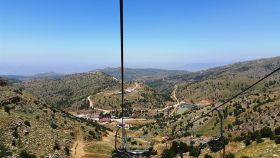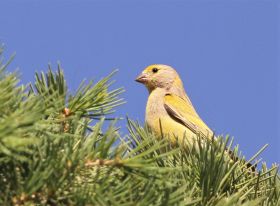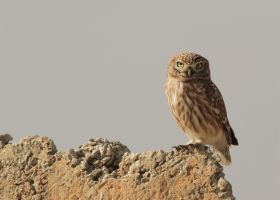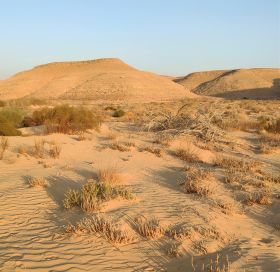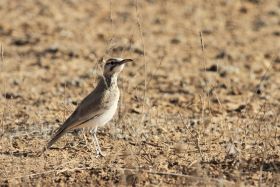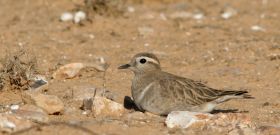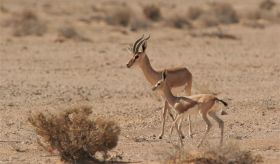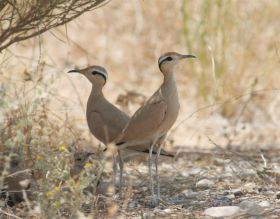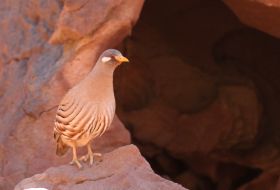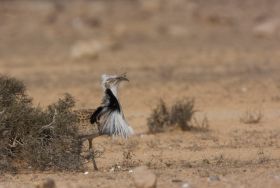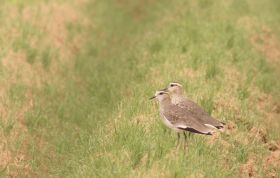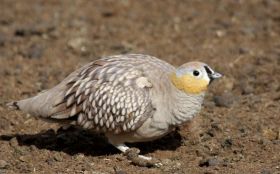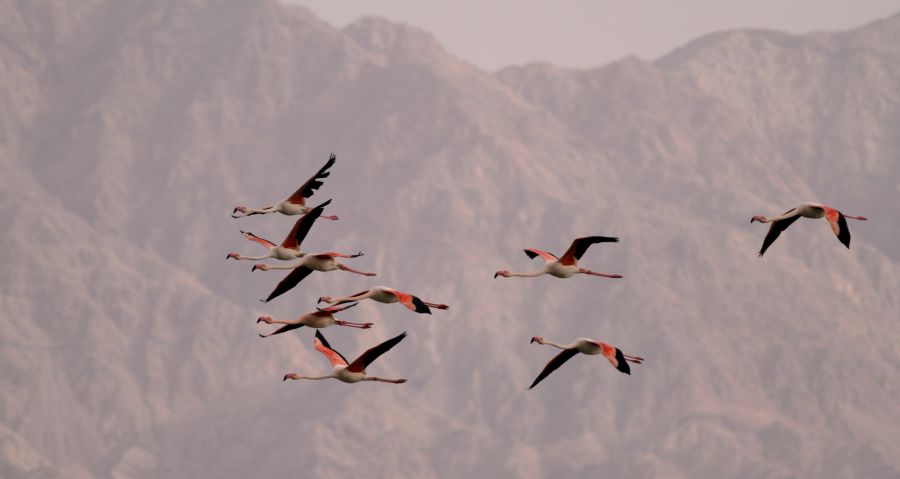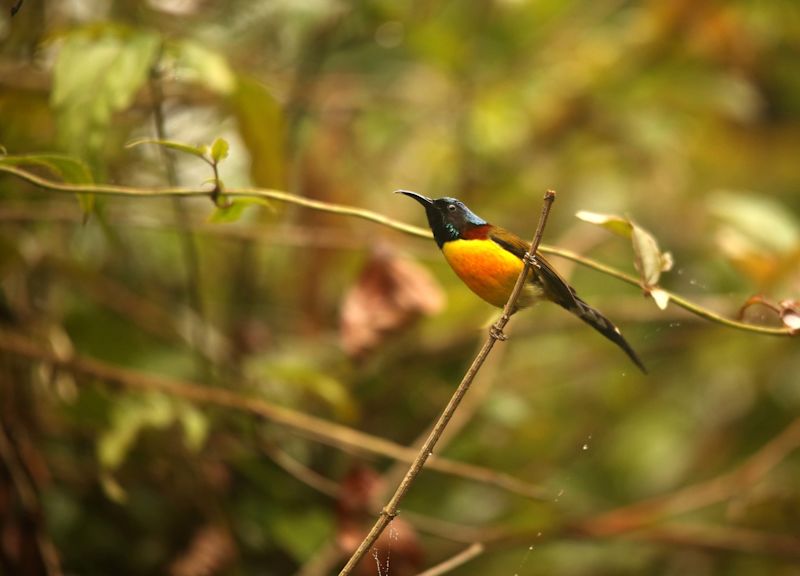says Jonathan Meyrav, Director of Tourism at Birdlife Israel and tour operator from the country that is so small, it only spans 500 km from top to bottom. In spite of this, the combination of a massive migration bottleneck, diverse habitats, and wide-open natural areas guarantees birders a long list of birds and virtually endless memorable encounters.
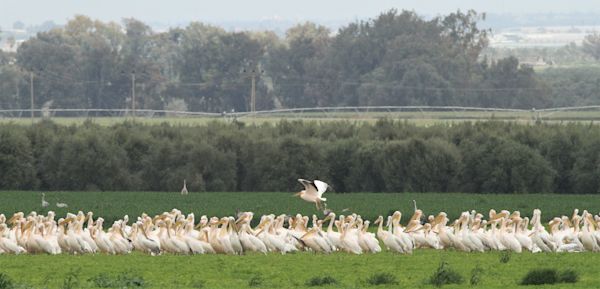
But Israel is much more than
a favorite destination for migrating birds.
It is also the point where Europe, Asia, and Africa meet. The result is a level of biodiversity that is second to none. “Because of our strategic location and the fact that there is no hunting in Israel, we also have an impressive list of large mammals such as gazelles, Nubian Ibex, Golden Jackal, foxes, and mongooses. With a bit of luck, you might even spot an Arabian Wolf, an Indian Porcupine, or a Caracal,” explains Jonathan.
In winter in particular, Israel becomes a birder’s paradise with more than 100 wintering species from both Europe and Asia. The number of birds visitors can encounter is impressive and the species include rare wintering birds of prey like Eastern Imperial Eagles (Aquila heliaca), Greater Spotted Eagles (Clanga clanga), and large falcons.
enthuses the experienced birder, who loves to spontaneously head out to his garden and the natural habitat behind it where he is lucky enough to see hundreds of birds during migration season.
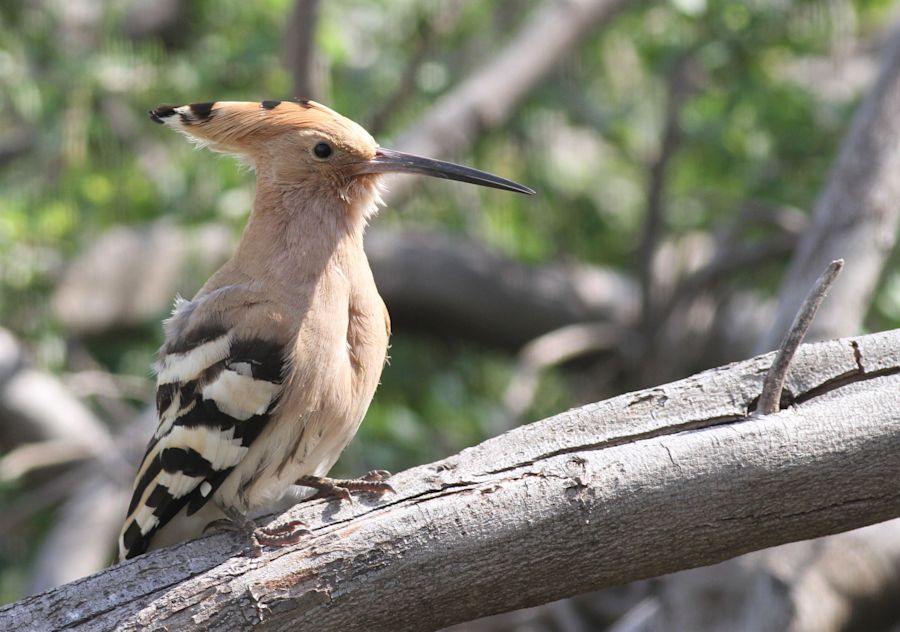
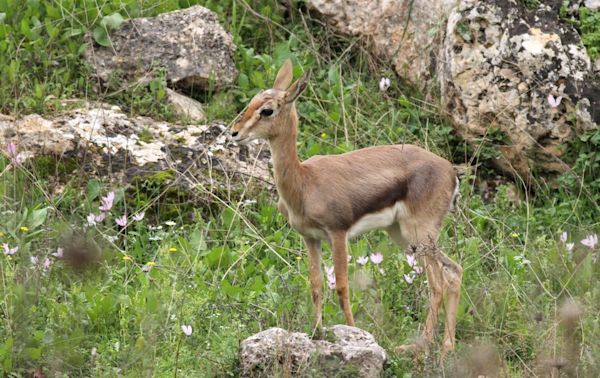
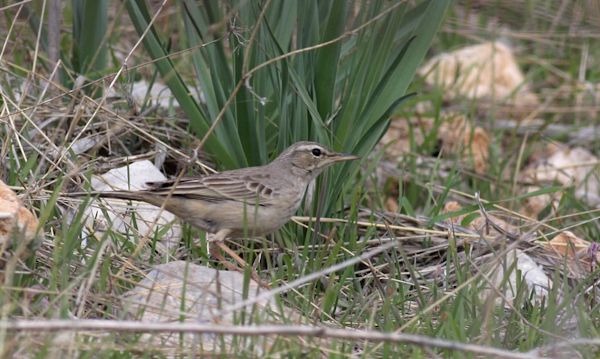
We asked Jonathan to share his favorite birding spots in his beautiful country and he recommended four, from North to South:
1. Mount Hermon (2,814 m)
The only “real” mountain in Israel hosts many species that breed nowhere else in the country, such as the Shore Lark (Eremophila alpestris), White-throated Robin (Irania gutturalis), or Western Rock Nuthatch (Sitta neumayer). Besides birds, it is an amazing place for butterflies, with over 50 species present. “The road leading up to Mount Hermon passes through the Druze village of Majdal Shams. The Druze people are fascinating and I highly recommend visiting for a fantastic coffee and some wonderful Druze food,” shares Jonathan as an insider tip.
2. Hula and Bet Shean Valleys
The Hula Valley is mainly an agricultural area with vast fields, ponds, and canals. It is a vital area for migrating and wintering birds such as pelicans, storks, and birds of prey. Visit the KKL Agamon Hula Park, with its 11-kilometer loop trail plus a variety of hides and trails for an amazing birding experience.
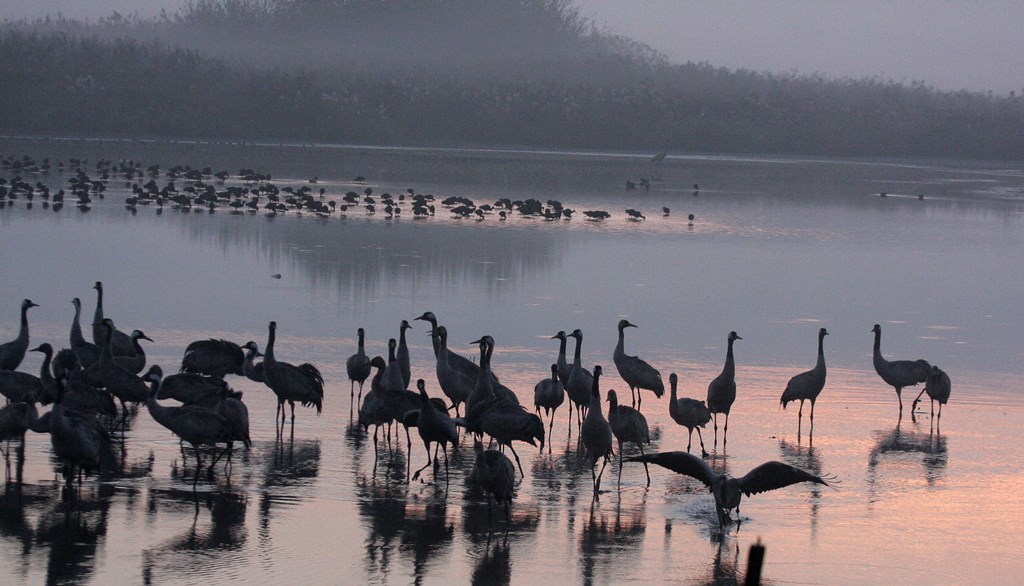
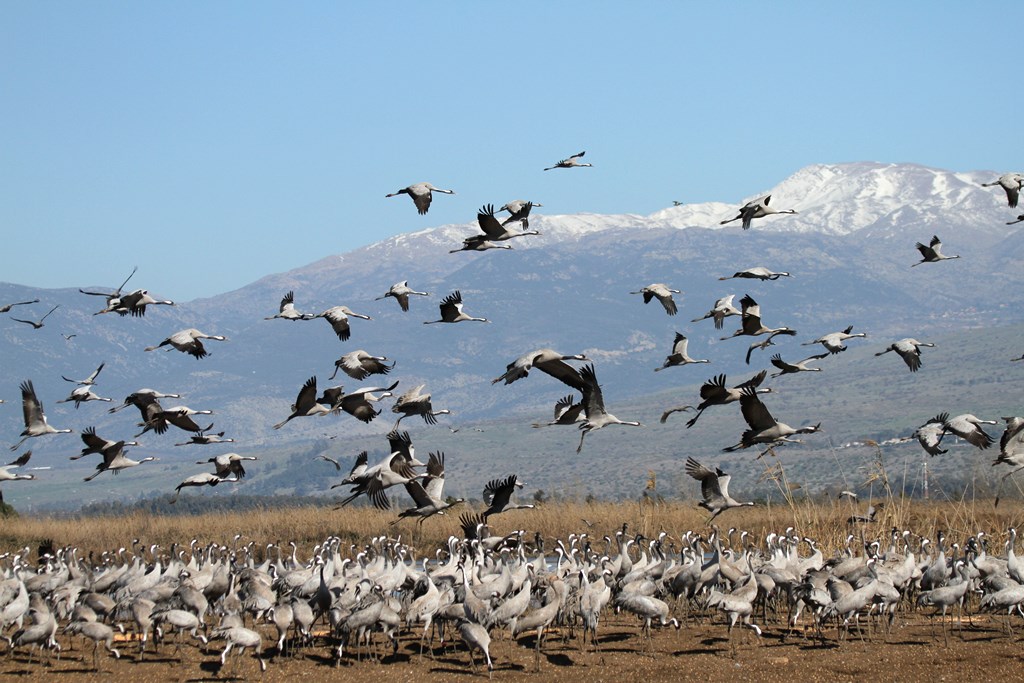
Further south lies the She’an Valley, a magical low-lying area with agricultural fields and massive clusters of ponds. Come here to spot huge numbers of water birds such as gulls, ducks, and waders. The Alfalfa fields host rare winterers from the east such as Citrine Wagtails (Motacilla citreola), Eastern Stonechat (Saxicola maurus), and Oriental Skylark
(Alauda gulgula).
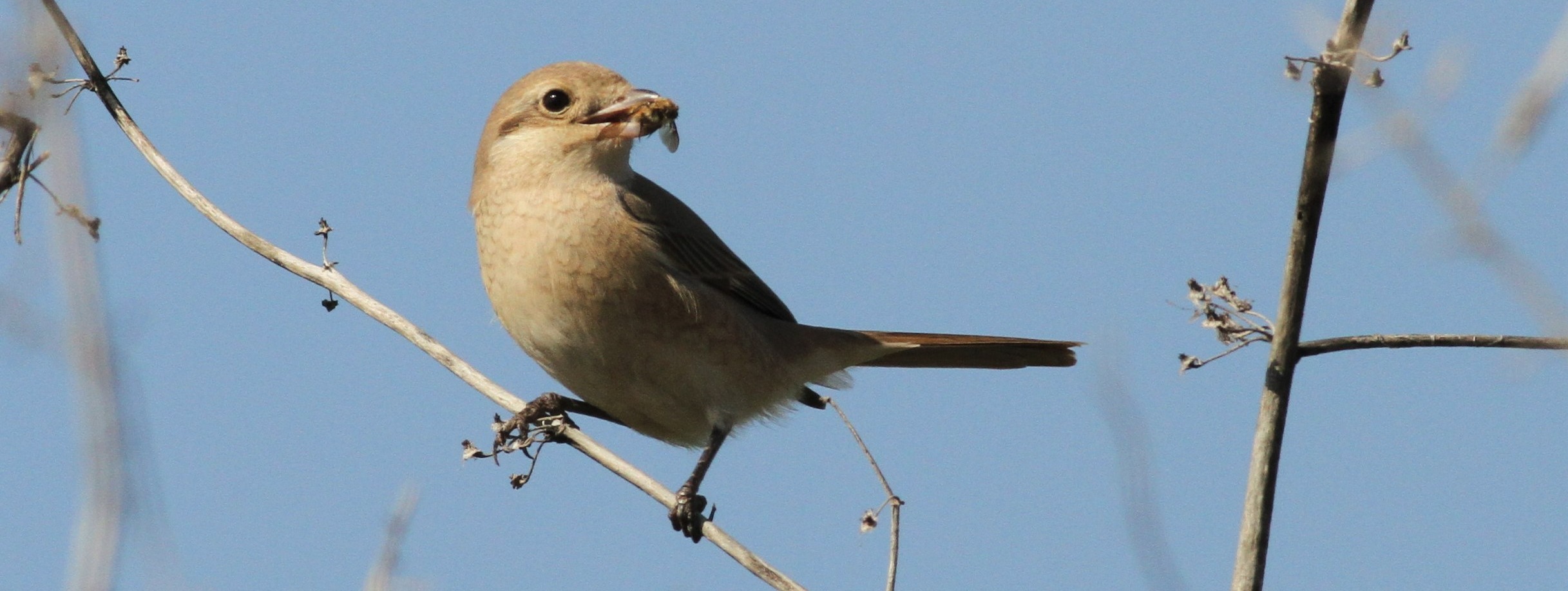
3. Negev Desert
The Negev covers the whole of southern Israel and is home to many types of desert habitat, from the High Negev area of Sde Boker and the vast semi-desert fields of the west to the dry desert wadis and cliffs of the south. This unique desert landscape is home to many special species all year round and one of the densest areas for breeding raptors in Israel, including vultures, falcons, buzzards, and more.
A bit further west is the magical area of Nizzana where you’ll find wintering raptors such as Imperial Eagles (Aquila heliaca), large falcons, and Pallid Harriers (Circus macrourus). With a bit of luck, you might spot Macqueen's Bustards (Chlamydotis macqueenii) and Sociable Lapwings (Vanellus gregarius) alongside impressive numbers of Pin-tailed Sandgrouse (Pterocles alchata) and Eurasian Dotterel (Charadrius morinellus).
“A special place to visit here is the remote township of Ezuz, which offers a couple of picturesque cafés, some options for accommodation, and the famous ‘sandgrouse hide’ overlooking a small pond where many birds and animals come to drink,” reveals Jonathan.
4. Eilat
Situated on the shores of the Red Sea and in the border triangle of Israel, Egypt, and Jordan, Eilat offers amazing birding all year round, but the “best time to visit Eilat is during the spring migration, when hundreds of thousands of birds flock through the region on their way up from Africa back to their northern breeding grounds”. The North Beach offers fantastic sea watching with sea birds such as gulls and herons. The salt pans in the north host large numbers of waders as well as thousands of Hirundines, Wagtails, Pipits, and more during migration. The valleys around Eilat are home to many songbirds on migration and local species such as Sand Partridges (Ammoperdix heyi), Arabian Babblers (Argya squamiceps), and Striolated Bunting (Emberiza striolata).
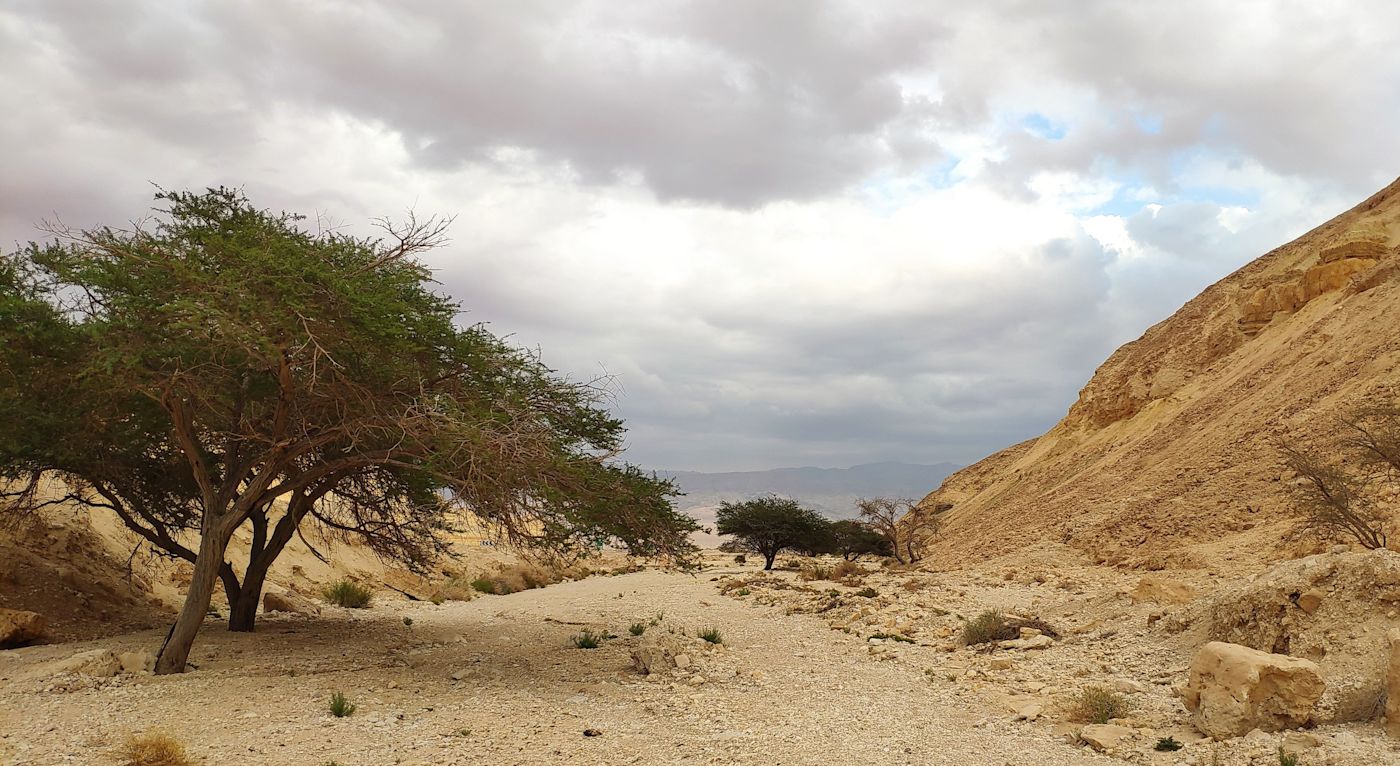
the Eilat Bird Sanctuary (IBRCE, or simply the Birdwatching Park). “This wonderful site managed by Birdlife Israel offers trails, hides, daily bird ringing, and guides on site. The park is all about conservation and invests in restoring the native salt marsh to provide a safe haven for birds. Besides the important work done here, the park is also one of the best birding sites in Eilat (and Israel for that matter). The park is free and open to the public,” says Jonathan.
says the experienced birder, who has been working with Birdlife Israel for more than 15 years. He highly recommends his country not just for truly unique birding and wildlife experiences, but also for the people and the culture: “Israelis are a very diverse bunch. They are outgoing, warm, and hospitable. And they all speak English and are happy to help anytime.”
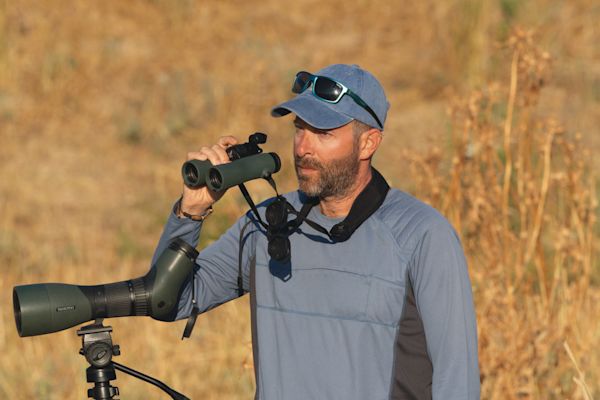
About
Jonathan Meyrav
Jonathan Meyrav is Director of tourism and international events at Birdlife Israel and leads birding tours all over the country. He spends most of his time outdoors in nature for his job, but also for recreation. Nature – and especially birds – humble him and keep him focused on the important things in life. Besides birding, hiking, and fishing, he also likes basketball. Jonathan started birding when he was 11 years old. For many years, he has been using the EL 10x42 and an ATX 85 spotting scope and now also owns the NL Pure 12x42, which he describes as “the best piece of equipment I have ever used”.
